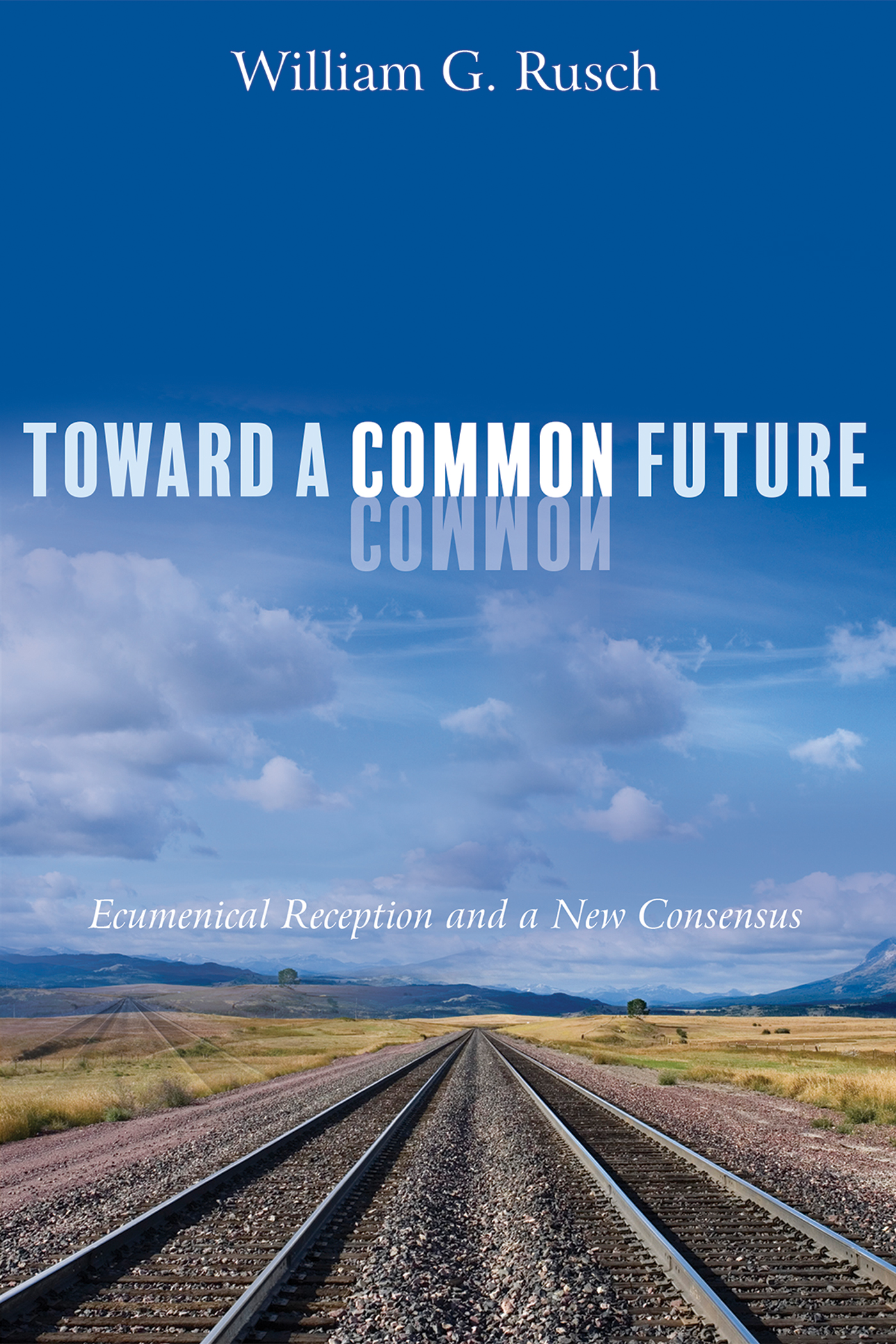Toward a Common Future
by William G. Rusch
2020-07-09 01:46:40
This book provides a specific proposal for churches divided by centuries-long disputes and disagreements to move toward a vision of the unity of the church. It seeks to offer a way for divided churches to move beyond the present quagmire that challen...
Read more
This book provides a specific proposal for churches divided by centuries-long disputes and disagreements to move toward a vision of the unity of the church. It seeks to offer a way for divided churches to move beyond the present quagmire that challenges much of the modern ecumenical movement. Building upon the theological dialogues between the churches, this volume identifies and supplies a way for churches to regain a momentum that seems recently to have been lost in the ecumenical movement.""In the context of his masterly telling of the story of the modern ecumenical movement, Dr. Rusch reflects on how to regain momentum in the move to unity in a time of stagnation. He urges churches to receive formally the results of their ecumenical dialogues by way of declarations that issue in closer relations and shared mission. The author''s challenge deserves serious consideration by those charged with guiding the pilgrimage to unity today. A positive response might lead some churches away from self absorption and re-ignite in them a commitment to unity.""--Mary Tanner DBE, President for Europe, World Council of Churches, 2007-13""William G. Rusch is one of the great theological minds of our era. He has dedicated his gifts and passion to realizing the visible unity of the church of Jesus Christ. Toward a Common Future is his finest achievement to date. The specific proposal that he offers in Chapter 7 sets out the final steps of this long ecumenical journey toward visible unity that the pilgrim people of God have been on.""--Dale Irvin, President, New York Theological SeminaryWilliam G. Rusch is a member of the faculty of the Divinity School of Yale University. He has been a member of a number of national dialogues and the Joint Vatican-World Council of Churches Working Group. He is the author of Ecumenical Reception: Its Challenge and Opportunity (2007).
Less











.jpeg)






.jpg)












